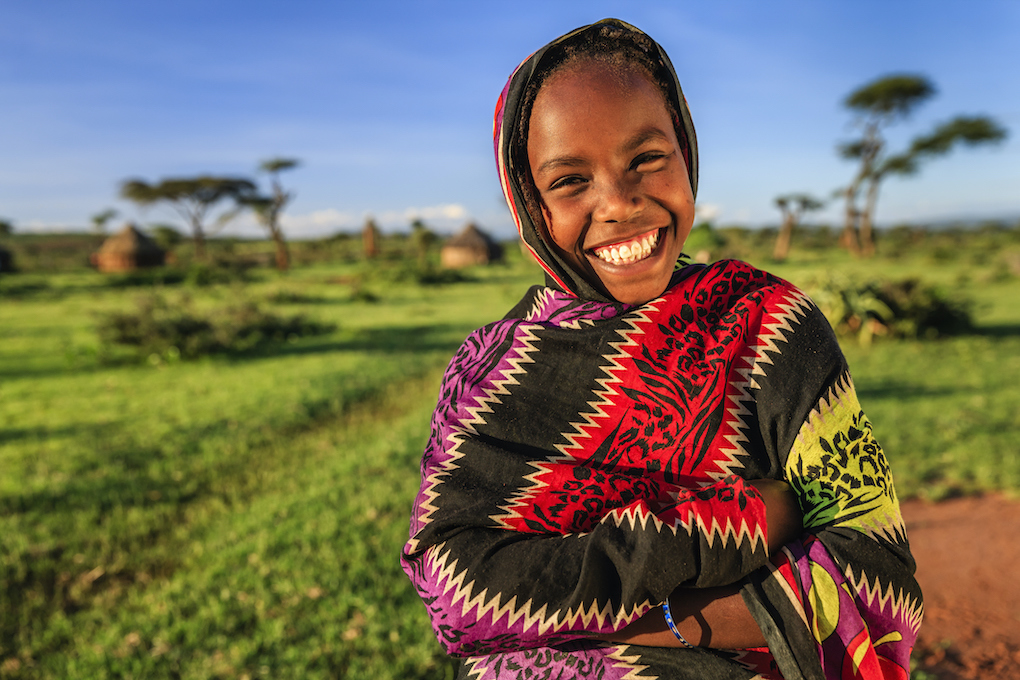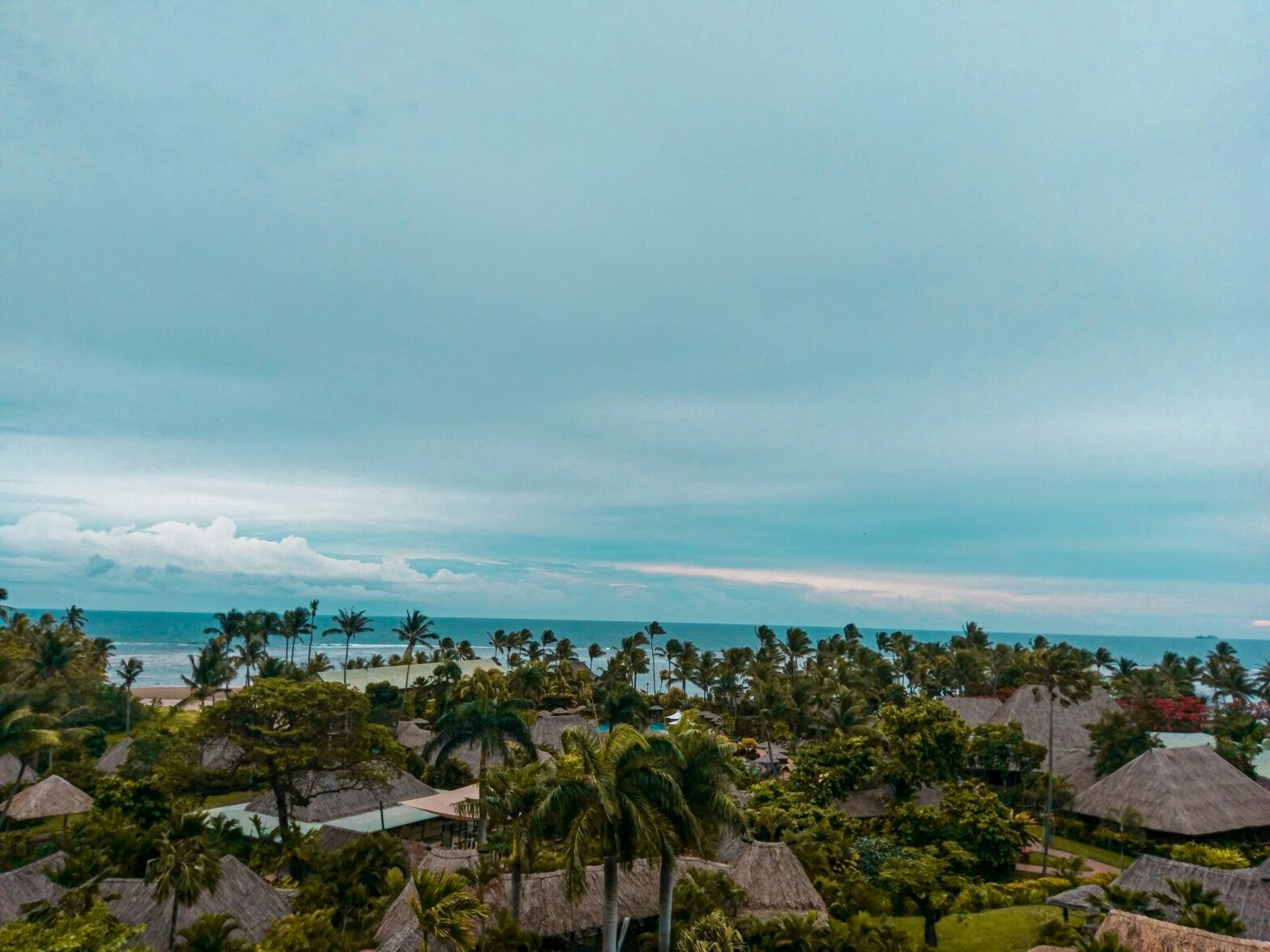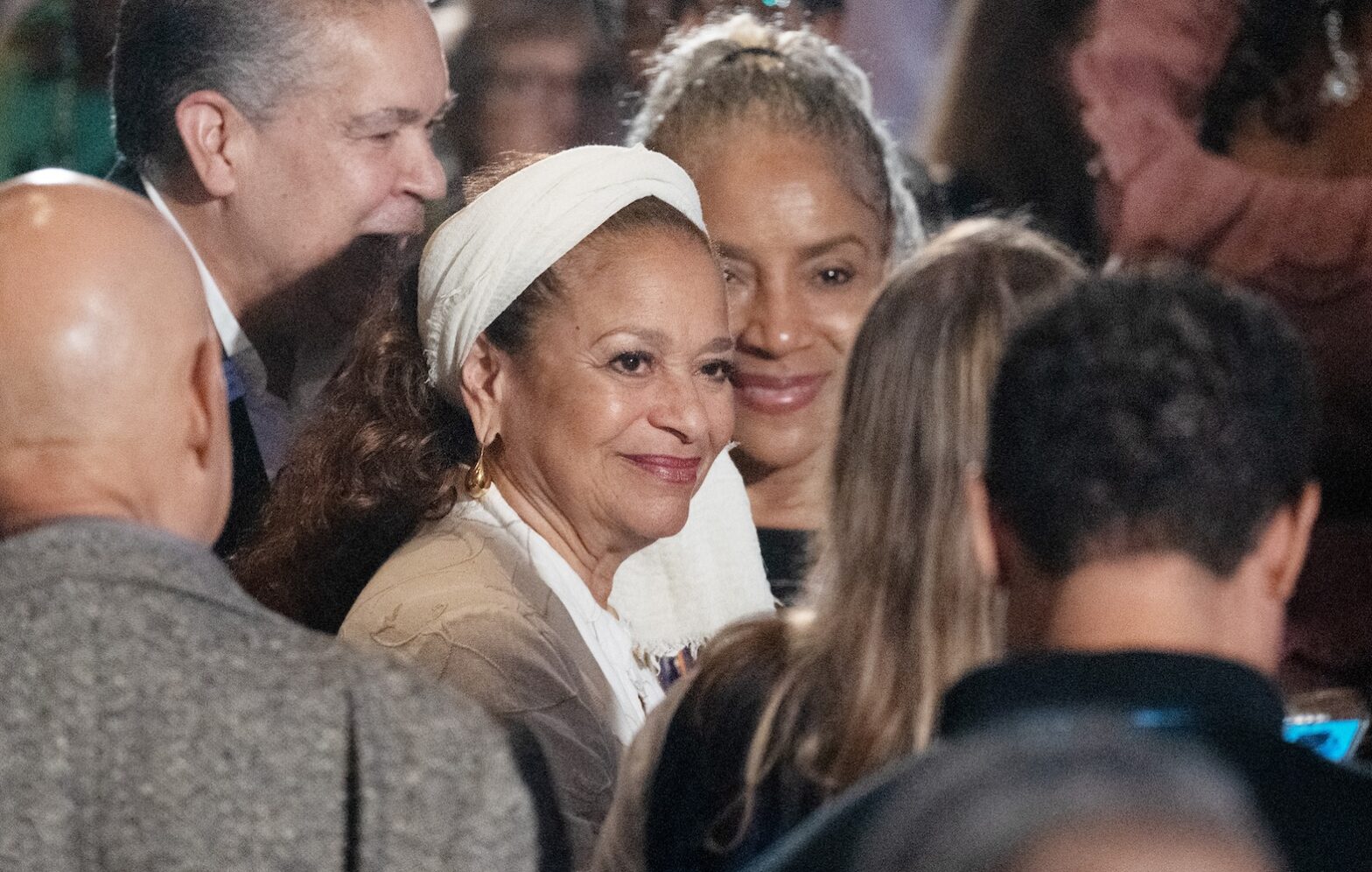One of the most popular shows on the TLC network is the 90-Day Fiancé franchise. Each season, the show — in all its incarnations — features two people in a relationship. One person is an American, while the other is from a foreign country. As can be expected, hilarious (in the most trashy, Real Housewives way imaginable) hijinx ensue.
On The Other Way, the 90-Day Fiancé franchise gets a bit of a twist: instead of the non-American coming to the United States to pursue love and a visa, the American travels to the other country and prepares to settle into a whole new lifestyle there.
I’m sure you all can see where this is going, right? Needless to say, it never, ever, works out the way the American wants it to. (Where is her open concept kitchen, guys?) Seriously, can Americans get it together just once when they go abroad? It’d be nice.
On this season, TLC travels to Ethiopia to follow the trials and travails of Biniyam Shibre, an Ethiopian national, and his girlfriend/fiancé Ariela Weinberg. (That’s their baby in the picture above.)
While purporting to show the “true life” of Ethiopians in the series, there seem to be more than a few things that are — to put it mildly — “off” with the depiction of the East African country.
So, how realistic is the depiction of Ethiopia on 90 Day Fiancé: The Other Way? We decided to take a look. (Spoiler alert: they get more than a few things wrong, which should be shocking to no one.)
Religion
View this post on Instagram
One of the storylines that are shown on 90 Day Fiancé: The Other Way — almost to the point of parody — is the storyline that Biniyam’s religion, which is a sore spot for Ariela (because of course it is), is just another “cultural clash” between the pair.
In a nutshell, Ariela was raised Jewish (her father is Jewish, her mother is Catholic), while Biniyam is a devout Orthodox Christian.
To most people, this is a non-factor, but to these two, it’s the modern-day Crusades.
So how important of a role does religion play in Ethiopia?
That really depends on your point of view.
Yes, it’s true that many Ethiopians — a full two-thirds of the country — are practicing Orthodox Christians. However, the other one-third of the country identifies as Muslim. And while apostasy and/or conversion are frowned upon, Ethiopians are very tolerant of other religions.
And as for Ariela’s claim that Bini has no respect for her Jewish faith? Unsurprisingly, the claim is garbage. In fact, Bini’s own religion is closer to Ariela’s than she realizes (or wants to).
“Ethiopian Orthodox Christianity involves many rituals and practices that are common to Judaism,” reports Cultural Atlas. “For example, followers are expected to observe the Sabbath, circumcise their sons and follow strict dietary laws.”
Work
View this post on Instagram
Another storyline that takes center stage on 90 Day Fiancé: The Other Way is the story of Biniyam’s work (or, really, lack thereof). In one episode, Biniyam reports that he receives only $200 a month in income.
Ariela, for her part, doesn’t work at all. (Perish the thought!)
The viewer is led to believe that Biniyam is a “typical” Ethiopian worker — but it goes without saying that this isn’t the case at all.
In Ethiopia, as in the United States, there are some people that work more than others — and some that make more than others. But the suggestion that Ethiopia is a “poor country” — as Ariela frequently points out in her confessionals — is inaccurate.
According to Trading Economics, “the Gross Domestic Product (GDP) in Ethiopia was worth 107.65 billion US dollars in 2020, according to official data from the World Bank.”
And Ethiopia has one of the fastest-growing economies on the African continent, according to InterNations Go!, which helps expatriates with moving to a different country. It’s growing so fast, in fact, that the country is always looking for Americans to teach English to their schoolchildren…and they pay very well.
Accommodations
View this post on Instagram
So, on the previous season of 90 Day Fiancé: The Other Way that featured Ethiopia, THIS happened.
Yeah. We know. Let’s move on.
So in the clip, the viewer is made to believe that accommodations in Ethiopia lack everything from running water to tile on the floor, and the Poor, Put-Upon White Woman (who is pregnant, besides!) is made to suffer such indignities at the hands of “noble savage” boyfriend.
It goes without saying that this is a common trait in Western media — to demonize Africa, its people, and its countries as “Third World” while stripping it of its vast natural resources — but, it also goes without saying that this depiction of Ethiopia is inaccurate.
According to LivingCost.org, the average cost of living for one person, with rent, is $574. Granted, this is much cheaper than living in New York or Los Angeles — according to the outlet, the average cost of living in Ethiopia is nearly two times less than in other cities all over the world — but this is not to imply that all accommodations are subpar, even by American standards.
As with anywhere else in the world, there are some parts of Ethiopia that are rich and some parts of Ethiopia that are poor. As for accommodations: this apartment in the heart of Addis Ababa, which rents for about $2200 USD/month, is quite comparable to this apartment in Brooklyn, NY.
Supply Availability
View this post on Instagram
One of the few things that 90 Day Fiancé: The Other Way got right was the difficulty in getting certain supplies. Last season, Biniyam and Ariela went looking for a car — and turned up empty. As it turned out, the average used car in Ethiopia is far more expensive than the average new car in the United States.
A 2017 report by the BBC revealed why this is so: Ethiopia is often hit with an exorbitant import tax when it imports cars (mostly used, and mostly from the Gulf countries). A similar report by CNN revealed that in a country with a population of 97 million, only about 84,000 cars were registered to owners. As a result, the Ethiopian government classifies cars as “luxury items,” which tacks on yet another tax, and making it cost-prohibitive for the average Ethiopian resident.
The good news is, things are slowly changing as Ethiopia begins opening its borders to car manufacturers. If a plant were to open in the country, the price of the cars would decrease significantly.





